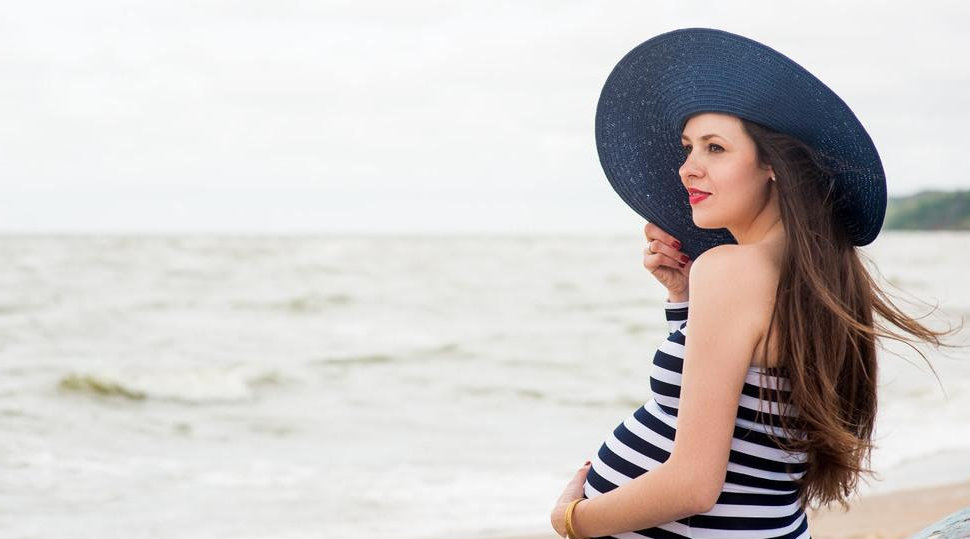During the postpartum period, if a baby experiences watery stools, it can stem from various reasons, including non-disease-related daily care factors as well as some disease-related factors.
In terms of non-disease factors, if the baby’s food intake is low, it may be related to their small stomach capacity, improper feeding, or insufficient breast milk production. This can lead to an inadequate food intake to meet their growth needs, resulting in symptoms such as weight loss. Parents can address this by increasing feeding amounts and closely monitoring the baby’s condition, usually without the need for special treatment. On the other hand, if the baby’s abdomen gets cold, it may also cause diarrhea, as the cold stimulus can accelerate intestinal peristalsis. Keeping the baby’s abdomen warm and applying heat as needed can help alleviate this issue.
Regarding disease factors, lactose intolerance is a common cause; some babies lack the enzymes to break down lactose, and consuming lactose-containing foods can lead to diarrhea and bloating. Doctors may recommend temporarily using lactose-free formula, gradually transitioning to a normal diet. Indigestion is another reason; overfeeding or difficult-to-digest foods can burden the baby’s gastrointestinal system, leading to dysfunction. Gentle abdominal massage can help promote digestion, and if necessary, medications that support intestinal health may be used based on a doctor’s advice. Gastroenteritis, often caused by bacterial infections, can damage the stomach lining, resulting in symptoms like vomiting and diarrhea, requiring antibiotic treatment, such as amoxicillin or cefoxitin. Viral enteritis, such as rotavirus infection, can cause a series of digestive discomforts; treatment usually involves antiviral medications like ribavirin or oseltamivir phosphate.
In daily care, ensuring the baby’s warmth is particularly important, especially when temperatures drop. Adding clothes promptly to prevent colds and other upper respiratory infections is equally critical for maintaining the baby’s health.


